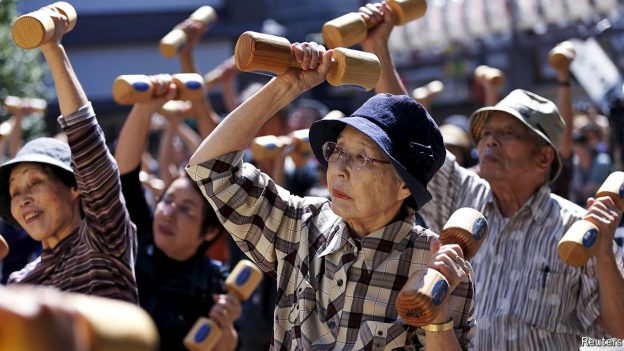It’s a tragic truth, but wild life will go the way of Western culture. By that I mean that when the West is no longer; wild life, now on the wane, will likely die out, too.

“Asia’s appetite for endangered species is” insatiable, warns The Economist.
In Indonesia, if not for the Wildlife Conservation Society (WCS), “an American NGO, which helps bring half of all cases of wildlife crime to court,” there would be no convictions and hence no deterrent to the orgiastic culling, poaching, trafficking:
… The Indonesian island straddles the boundary between Asiatic and Australian species—and boasts an extraordinary number of species found nowhere else. But the market also symbolises how Asia’s amazing biodiversity is under threat. Most of the species on sale in Tomohon have seen populations crash because of overhunting (habitat destruction has played a part too). Fewer than 6,000 crested macaques now inhabit the forests. The cuscus hangs on by its fingertips—or its curling, prehensile tail. …
… Trade in wild birds is supposedly circumscribed. Yet the ferries are crammed with them: Indonesian soldiers returning from a tour in Papua typically pack a few wild cockatoos or lories to sell. One in five urban households in Indonesia keeps birds. Bitung feeds Java’s huge bird markets. The port is also a shipment point on a bird-smuggling route to the Philippines and then to China, Taiwan, even Europe. Crooked officials enable the racket. …
… As for the tiger, in China and Vietnam its bones and penis feature in traditional medicine, while tiger fangs and claws are emblems of status and power. Fewer than 4,000 tigers survive in the wild. The pressure from poachers is severe, especially in India. The parts of over 1,700 tigers have been seized since 2000. …
… Owing to Asian demand for horns, the number of rhinos poached in South Africa leapt from 13 in 2007 to 1,028 last year. The new frontline is South America. A jaguar’s four fangs, ten claws, pelt and genitalia sell for $20,000 in Asia. Between 2013 and 2016 authorities in Bolivia seized 380 jaguar fangs.
South Africa auctions permits to hunt a few rhinos each year, with the proceeds supposed to fund conservation. This has provided cover for poachers. One Thai smuggler used prostitutes to pose as legal trophy hunters; the dead beasts’ horns ended up in Asia. Schemes to farm animals, which some said would undercut incentives to poach, have proved equally harmful. Lion parts from South African farms are sold in Asia as a cheaper substitute for tiger, or passed off as tiger—either way, stimulating demand. The farming of tigers in China, Laos, Thailand and Vietnam provides cover for the trafficking of wild tiger parts. Meanwhile, wild animals retain their cachet—consumers of rhino horn believe the wild rhino grazes only on medicinal plants.
THE REST: “Asia’s appetite for endangered species is relentless.”

